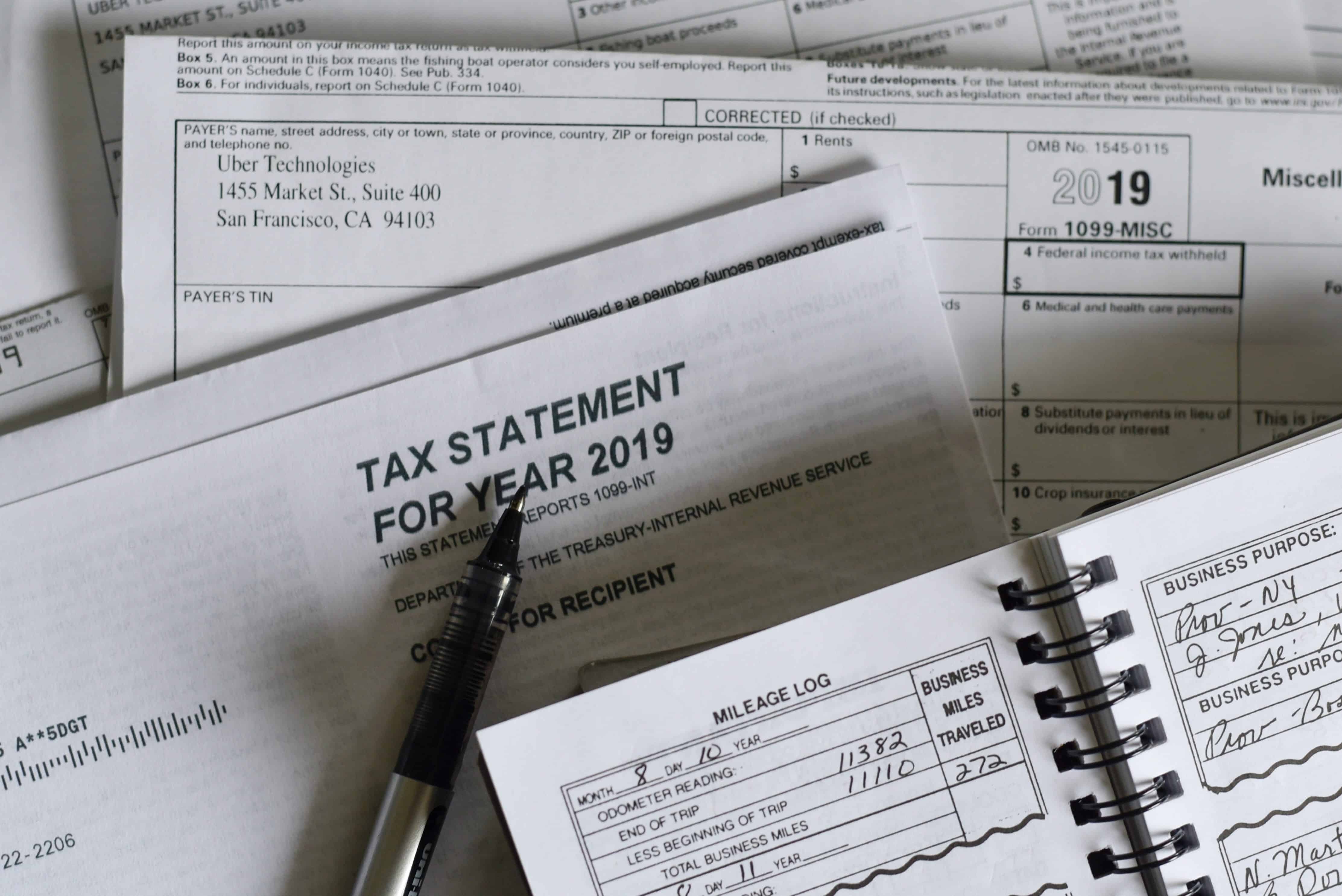5 Practical Tips for Dealing with IRS Back Taxes

Back taxes are any taxes that remain unpaid for the year in which they were originally due. They are at least one year past due and accumulate interest and penalties until paid in full. You might find yourself wondering what to do if the IRS finds out that you owe back taxes and what is the best way to resolve the situation. This article will give you 5 practical tips to handle any back taxes you owe.
The Internal Revenue Service (IRS) has a great amount of power and control when it comes to collecting back taxes and enforcing tax laws. However, taxpayers do have rights and they need to be aware of how to handle dealing with the IRS if they do in fact owe any back taxes.
The best advice we can give is to not ignore the problem. If you do not take heed to any letters or calls you may be receiving from the IRS in an attempt to collect back taxes, it could lead to serious consequences such as bank levies, tax liens, and wage garnishments. Interest and penalties accrue daily, so ignoring the problem or delaying to get it resolved only makes it that much worse.
As well, you should never miss a payment with the IRS. In the event that you miss a required IRS deadline, they have the right to revoke the payment arrangement and restart the collection process. If you are ever unable to meet an obligated deadline with the IRS, you should notify them as soon as possible to see how you can rectify the situation without incurring any further interest or penalties.
When you owe back taxes, here are 5 practical tips you should keep in your back pocket:
Consult a licensed tax relief professional
You are entitled to tax representation in any matter with the IRS and you should never try to handle any tax issues without proper representation. Tax laws are extremely complicated and it is wise to enlist the help of a tax professional. You have the ability to ask the IRS to briefly halt any collection activities until you have secured tax representation. However, do not hesitate to do so, as a long delay will only make things worse.
Understand Your Options
Do not let the IRS intimidate you into thinking you have no option but to immediately pay the amount of your back taxes in full. IRS agents can be quite threatening, so it is important that you remain calm and collected and understand your options. As mentioned above, you do have rights as a taxpayer, so do not let the IRS bully you into making a premature decision. The following are some of the options available to taxpayers who owe back taxes:
- Pay the full amount within 60-90 days. Of course, this is the best case scenario, but may not be an option for everyone.
- Set up a monthly payment plan with the IRS.
- Get penalties and related interest reduced or removed.
- Make an OIC (Offer in Compromise) request with the IRS in which you will pay them off in a timely manner for less than what is owed – also known as a tax settlement.
- File for bankruptcy to discharge the liabilities for back taxes.
- Do not pay anything. You can be deemed as “not collectible” if in a financial hardship situation and would not need to make any payments under certain provisions.
- Use a line of credit to pay off any back taxes. This option can be a great deal lower as opposed to paying IRS penalties and interest. Also, it is much easier to deal with a credit agency than the Internal Revenue Service.
File Your Missing Tax Returns Right Away
You will not be able to make a payment arrangement or settle a matter concerning back taxes unless you have officially filed all tax returns with the IRS. You should file a tax return regardless if you are able to pay the liability. The penalty for failure to file a past due tax return is the highest fine the IRS is able to impose. Therefore, if you file your missing returns, it can save you a great deal of money in the long run as opposed to not bothering to file them at all, thus accruing higher penalties and interest.
It is imperative that you also file your current tax return on time. The IRS will not enter into a payment agreement with a taxpayer who has not filed their current tax return. Plus, this will just catch up with you as well and thus you will owe even more money and accrue even more interest and penalties.
Pay Off Your Back Taxes First
The IRS has more power and persistence than any other collection agency in existence. You have more protection from credit agencies and other creditors than you do from the Internal Revenue Service. Even if you have outstanding credit card bills, medical bills and other such debts, you should make paying your back taxes anything else owed to the IRS your priority, as failing to pay the IRS can be financially devastating and may result in bank levies, tax liens, and wage garnishments.
Do Not Falsify Any Information
Under any circumstances, do not lie or falsify any information to the IRS, as IRS agents have a great deal of power and authority. Falsifying or withholding information from the IRS can result in additional fines and even imprisonment as it is considered a federal criminal offense. The last thing you want to happen is cause a routine Collection case to escalate into a Criminal Investigations case.
You should not give the IRS any more information than that which is required by law. This is why it is important to seek the help of a tax professional. Just as withholding information may get you into serious trouble with the IRS, giving too much information can be detrimental to your case. Even with these 5 practical tips you should always seek professional advice before speaking with the IRS regarding any situation involving current or back taxes .
Get our Free Special Report: 7 Secrets the IRS Doesn’t Want You to Know!
Not only are we licensed Tax Relief specialists we are also former Senior IRS Agents serving taxpayers like you. We manage and resolve IRS Tax Relief matters all day every day: contact us now
If you owe back taxes or are contacted by the IRS for any reason and want more than 5 practical tips, contact Landmark Tax Group for a no-obligation consultation today. Our expert staff is comprised of licensed Tax Relief Specialists and former IRS Agents who can give you the best tax advice on how to handle IRS matters.




